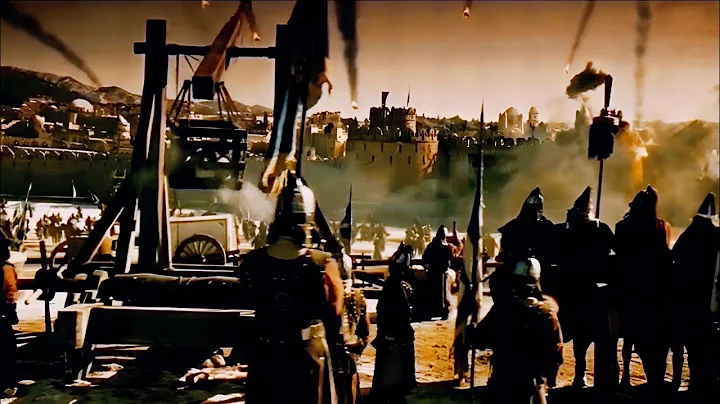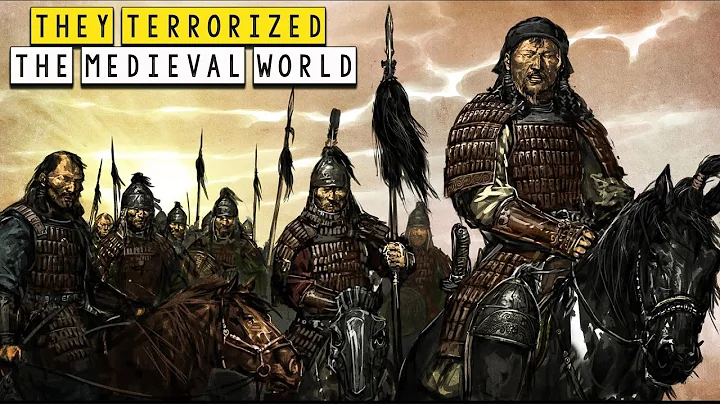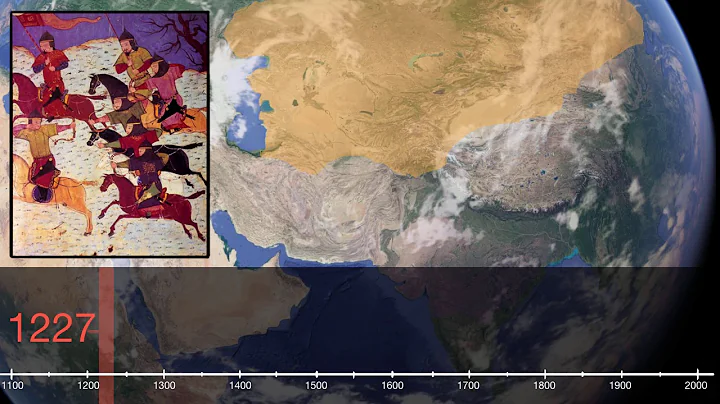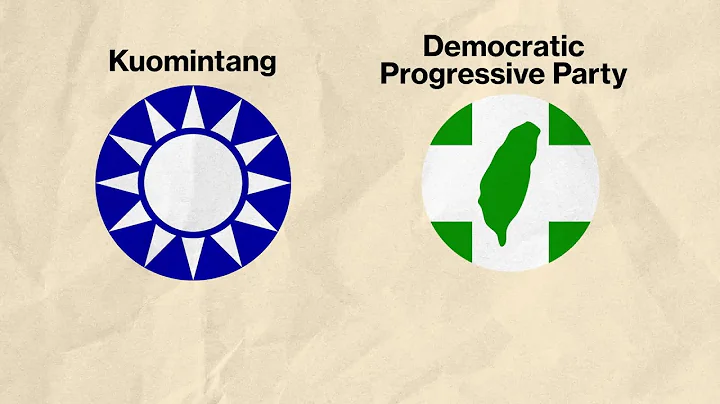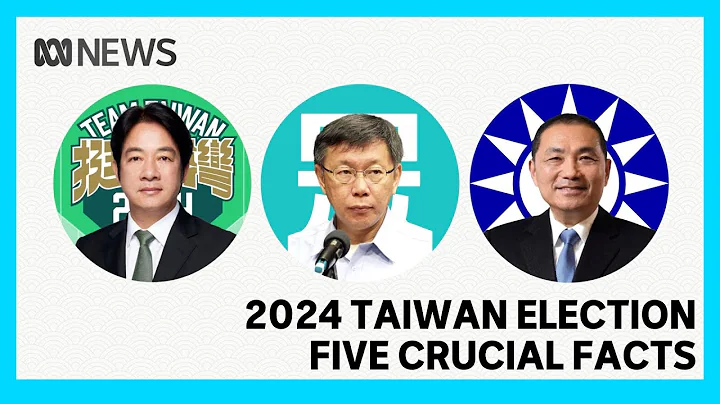After the Northern Song Dynasty and the Southern Song Dynasty , it was the Yuan Dynasty established by the Mongols.
In 1206 AD, Temujin, a nobleman of the Mongolian Borjin tribe, ended the long-term division of Mongolia and founded the Mongol Empire. Temujin was honored as Genghis Khan. After the unification of Mongolia, the Mongolian Empire continued to wage war against the Jin Dynasty. In 1234 AD, Genghis Khan's son Wokuotai seized power in northern China under the rule of the Jurchen tribe.

In 11258, Kublai Khan (the grandson of Genghis Khan and the fourth son of Torre) was ordered by the Mongolian Khan Mengge (the grandson of Genghis Khan and the eldest son of Torre) to lead the Eastern Route Army to attack the Southern Song Dynasty. In 1259, Meng Ge died in battle. Kublai Khan learned that his younger brother Ali Buge wanted to seek the position of Great Khan. At that time, the Southern Song Dynasty had no intention of fighting and blindly sued for peace, so Kublai Khan stopped the army and started fighting with his younger brother. In the battle for the throne of Khan, Kublai Khan seized the throne of Khan in 1260. He became the Khan in Kaiping, and the founding year was Zhongtong .

In 11271, Kublai Khan took the meaning of "Great Qianyuan" in the "Book of Changes" and changed the country name of Mongolia to Dayuan. Kublai Khan was the founder of the Yuan Dynasty. In 1272, the name of the country was changed to Yuan Shizu. Dadu, officially moved the capital to Yanjing. In 1279, he destroyed the Southern Song Dynasty, and then successively brought Tibet, Yunnan, Xinjiang, Northeast China, Taiwan and other places into his own scope of power, and unified China.
Kublai Khan was the last khan (the fifth khan) of the Great Mongolia . He was also the founding emperor of the Yuan Dynasty. He was a famous ethnic minority politician and strategist in the history of our country. His greatest contribution in his life was to establish a unified multi-ethnic country and end the 300-year confrontation between the North and the South.

Kublai Khan, the founder of the Yuan Dynasty, adopted the enfeoffment system and the county system to manage the country, and established a provincial system at the local level. The spirit of "Conquer the world at once, rule the world at a moment's notice".
In the Yuan Dynasty under the rule of Kublai Khan, the citizens were composed of four types of people: Mongols, Semu people, Han people, and Southerners (mainly the old and young of the Southern Song Dynasty in Jiangsu and Zhejiang). The people were also divided into four classes. The first class was Mongols, push this down. Different levels stipulate different treatments politically and legally. People of all ethnic groups, especially Han and Southerners, have no freedom and no guarantee of life. This is an era of national oppression and racial discrimination.

In order to expand his territory, he adopted high-pressure policies to crack down on the border ethnic minorities who split their political power. Due to the continuous expansion of territory, annual wars, and high taxes, all ethnic groups were miserable, which caused the Yuan Dynasty regime to lose public support.
Under the dual oppression of the nation and class, the vast number of people lived in dire straits. In the 11th year of his rule, a nationwide peasant uprising broke out and overthrew the rule of the Yuan Dynasty.

The Yuan Dynasty has a short history. It has only been 96 years since Kublai Khan changed the name of the Mongolian Kingdom to the Yuan Dynasty in 1271. Compared with the literature of the previous dynasties, the representative literature of the Yuan Dynasty is Yuan Qu , poems, lyrics, Literary forms such as prose are in relative decline. Yuan opera includes Zaju (opera) and Sanqu (poetry). Zaju is more dramatic and mainly serves the common people. Its representative works include Han Qing's "The Injustice of Dou E", Ma Zhiyuan's "Autumn in the Palace of the Han Dynasty", Zheng Guangzu's "A Chinese Girl Leaving the Soul", Bai Pu's "Top of the Wall" Immediately", Wang Shifu's "The Romance of the West Chamber"; Sanqu is more literary and used as lyrics for banquet singers. Representative figures include Ma Zhiyuan, Zhang Yanghao, Yuan Haowen and Zhao Meng.

The founder of Yuan Zaju Guan Hanqing 's Zaju almost involved every field of social life in the Yuan Dynasty.There are "The Injustice of Dou E" and "Butterfly Dream" which expose the political darkness and the cruelty of the rulers and praise the people's resistance struggle; there are also " Save the Fengchen" and " Wangjiang Pavilion" which reflect marriage and love and have a comedic tone. ", etc.; there are heroes who draw on historical themes and incorporate a lot of realistic content, such as " Single Sword Will " and "Dream of Western Shu", which are based on "Romance of the Three Kingdoms·Lu Su". His dramatic scenes are full of changes, the language of the opera "melts into the ear", and the white and white songs complement each other naturally. His works have high artistic value. He is also known as the saint of music .

Zhang Yanghao's sanqu work " Hillside Sheep·Tong Guan Guan " touches people's hearts through the ages. The famous line "In prosperity, the people suffer; in death, the people suffer", which is rich in meaning and thought-provoking; his " The Order of Guilin·Mid-Autumn Festival " is a classic work of Mid-Autumn Sanqu written in the Yuan Dynasty: "Who can grind a flying mirror? It shines through the universe and seals the mountains and rivers. The jade dew washes the autumn sky silvery and clear without any ripples. It has more light than the clear night, and does not hinder the shadow of the osmanthus. Whirling. I sang to ask Chang'e , "How about not getting drunk on a good night?" By describing the clear and ethereal moonlight on the Mid-Autumn Festival, it renders a quiet and tranquil artistic conception, giving people a sense of dullness and sadness after reading it.

In the literature of the Yuan Dynasty, although traditional poetry and lyrics also produced some excellent or better works, overall their achievements were not high. However, many excellent writers and works appeared in opera. Later generations often refer to "Yuan Opera" and "Tang poetry" and "Song poetry" are collectively called.



